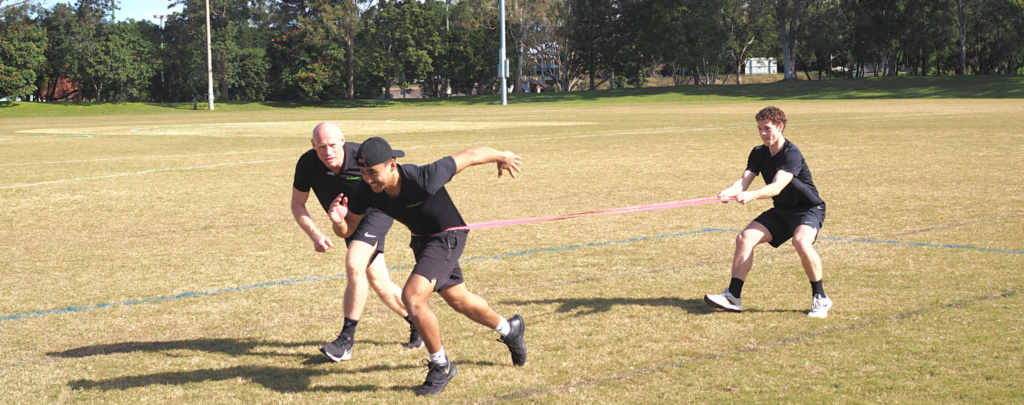
Exercise is commonly divided into two types; aerobic (things like running, swimming and cycling) and anaerobic exercise (weight training and activities that last less than approximately one minute, such as a 100m race).
Aerobic or anaerobic exercises? Aerobic training is designed to improve the most important muscle in the body, the cardiac muscle or heart. In the short term, well-designed aerobic programs elevate the heart rate and temporarily overload its function. If this continues, several long-term effects will occur. These include the lowering of blood pressure and your resting heart rate, weight loss and several others including a reduction of stress levels.
If done properly, aerobic training also tends to speed up the general metabolic rate of the individual, which has a positive affect upon weight control. Weight training doesn’t have the same cardiac affect although evidence suggests that there are other positive results.
Weight or resistance training will make muscles, bones and connective tissues stronger. This helps with general well-being and most importantly, with the prevention of osteoporosis or brittle bones – a crippling disease that will have an impact on Queensland businesses as the working population increases in age.
Weight training can also be effective in utilising energy reserves for up to 72 hours after the session. This means that after a hard weights session, the energy required to repair damaged muscle cells and issues is enormous.
Finally, weight training will improve athletic performance by increasing strength, speed, power and muscular endurance. This happens for people of all exercise and fitness levels.
So what type of training? We know that the heart is our number 1 muscle, but our other muscles are important. We need to do combination of training to get the best results. Vary your training so that you target all areas. Fit Education’s tip? Use it or lose it – your body will thank you.

If you found this article useful you may also enjoy reading Does Exercise Really Work?, Darn Well Jogging Around, or 12 Tips for Successful Sport Coaching. Learn more about what happens to your body during exercise by studying a Certificate III in Fitness, Certificate IV in Fitness or Diploma of Fitness.
